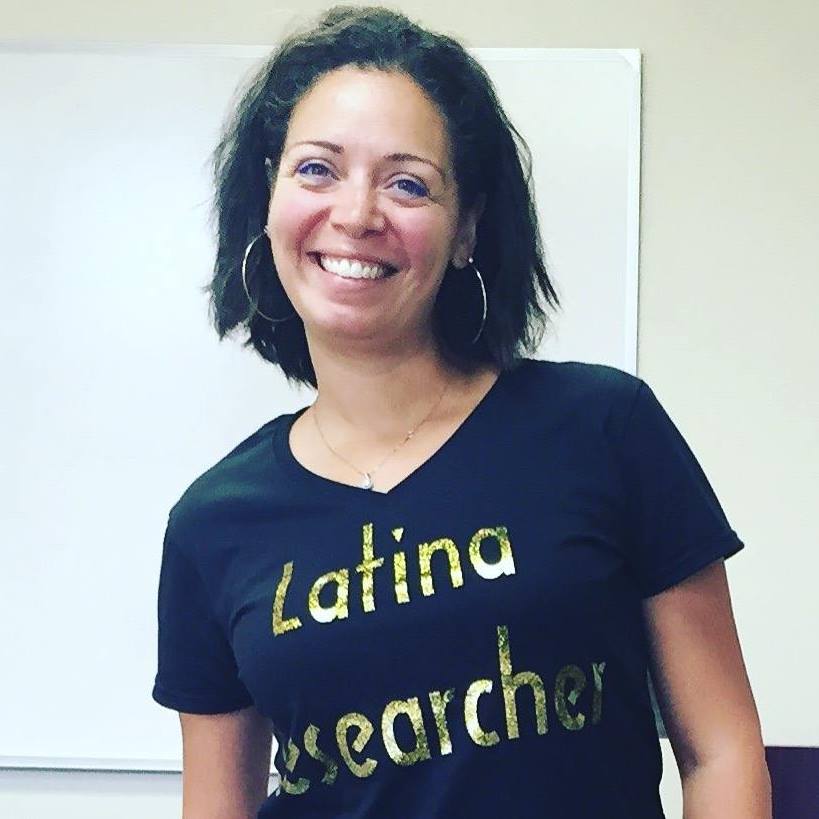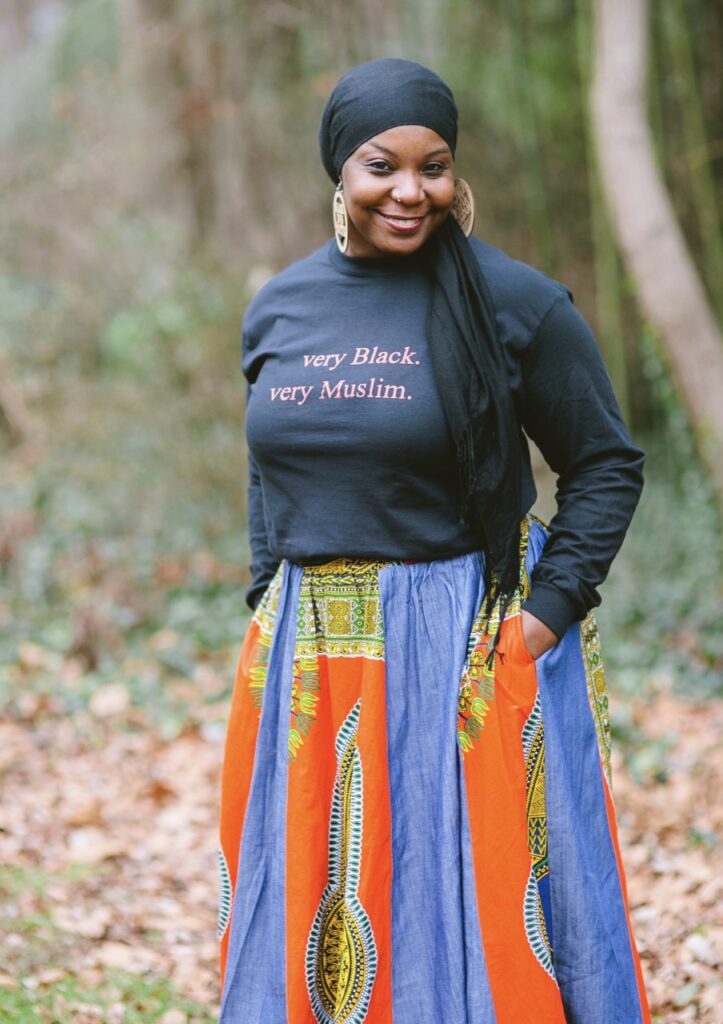ProjectCARE Collaboration for Action and Resources for Emerging Adults
Justice and Equity
Resources and Information
Anti-Racism and Social Justice TN
As Chairs of the Anti-Racist and Social Justice Topic Network for the SSEA, and on behalf of the SSEA Executive Committee and SSEA in general, we want to express our solidarity with and condemn the violence and hateful rhetoric against the Asian, Asian American and Pacific Islander (AAPI) community. The horrific shootings in Atlanta, Georgia, on Tuesday March 16, was the latest event in an escalating environment of hatred and unwarranted attacks against the AAPI people. From the Page Act of 1875 and the Chinese Exclusion Act in 1882, America has a long and storied history of anti-Asian sentiment and intolerance typified by intersectional oppression, racism, misogyny, and beyond. Over the past year, Asian diasporic people continue to be subjected to violence: there have been thousands of reported hate incidents in the United States. Reports set the count at almost 4,000 – however, knowing how reluctant law enforcement officials are in designating violent attacks as hate crimes, the number of actual attacks against the AAPI community is certainly higher. It is important that as we continue to demand and fight for anti-racism and social justice, that we recognize and acknowledge the fact that the AAPI community has also been impacted by white supremacy and systemic racism.
We encourage you all to reach out and communicate with family and friends in the AAPI community. Ask them how you can support them. Other ways in which we can take action include:
- If you see racism, say racism. Commit to being strong allies and accomplices that condemn racism and misogyny on all levels.
- Contact your local political representatives and demand action – advocate for policies that support progress toward anti-racism and justice for all and that address and oppose hate crimes and violence.
- Donate to organizations such as stopaapihate.org.
The Anti-Racist and Social Justice Topic Network, SSEA Executive Committee, and the SSEA stand in solidarity with the communities under attack. We see you and we stand by you.
Shirley Leyro, Ph.D., and Kameelah M. Mu’Min, Psy.D
Chair and Co-Chair, Anti-Racist and Social Justice Topic Network, Society for the Study of Emerging Adults (SSEA)
The murders of Ahmaud Arbery, Breonna Taylor, and George Floyd have marked 2020 as the year when social injustices, inequities, white supremacy, and racism can no longer be denied or ignored. The disproportionate deaths of Blacks and other people of color due to the COVID-19 pandemic crisis have underscored that our society is founded on oppressive systems that lead to discrimination, marginalization, repression, and death. For those of us who have studied these issues and advocated on behalf of the communities that have been historically subjected to – and harmed by – systemic injustice, we welcome all members of the SSEA to join us in the fight for equity and social justice. As Chairs of this newly created Anti-Racism and Social Justice Topic Network, we are thrilled to help the SSEA launch this working group.
Our objective is to increase the awareness, knowledge and skill-set of the membership on matters of race, social justice, and anti-racism. Specifically, understanding the impact of white supremacy, systemic racism, and oppression on both those who are privileged and those who are marginalized. One major goal as it relates to the SSEA membership is to highlight the importance of cultural competency – and cultural humility – of those who are working with emerging adults. Cultural humility refers to recognizing our positionality in terms of our personal identities and lived experiences (such as privilege) and how these influence our perceptions and treatment of the communities with whom we interact.
While we have ambitious aims, we also want to be realistic as to the objectives we hope to achieve during our inaugural term. These objectives include the following:
-Create a listserv to share news about meetings, webinars, and other relevant, social
justice related events and tools
-Host a webinar on racism, social justice and emerging adulthood
-Organize a pre conference meeting for the 2021 Annual Meeting (hopefully we’ll all
meet in person in San Diego!)
-Develop a hub of relevant materials that can be shared group-wide
Via these activities, we hope to not only provide the membership with valuable resources, but establish an open, nurturing community of scholars as well. We understand that for some, speaking about white supremacy, racism, and the oppressive systems that have been created to support these constructs is a very uncomfortable endeavor. Further, we acknowledge that there might be a reticence on behalf of some to engage in these dialectical exercises. We strongly encourage everyone to embrace this discomfort – to push themselves to have difficult conversations. We can do this together!
If you would like to join us in our fight for equity and social justice, and you’d like to be part of the newly created Anti-Racism and Social Justice Topic Network, please log into your membership portal and under your “Membership” tab, click on “Group Participation” and check off the groups you’d like to be involved in.
In solidarity,
Shirley Leyro, Ph.D., and Kameelah M. Mu’Min, Psy.D
Chair and Co-Chair, Anti-Racist and Social Justice Topic Network

Dr. Shirley Leyro is an Assistant Professor of Criminal Justice at Borough of Manhattan Community College-CUNY (“BMCC”). She was awarded the 2020 Teaching Award by the American Society of Criminology’s Division of People of Color and Crime – the first time the award was given since 2016. A critical criminologist, Dr. Leyro’s primary research focus is on immigration enforcement and the effects of deportation on non-citizens and their communities. In particular, she studies the impact of fear resulting from the vulnerability to deportation. Her research interests include immigration, deportation, social disorganization, crimmigration, and the impact of all the above on mental health. Professor Leyro is currently working on publishing the results from her (funded) research project exploring the impact of deportability on belonging and membership of CUNY noncitizen students (“CUNY Belonging Study”).
As a professor in the Criminal Justice Program at BMCC, Dr. Leyro has also conducted scholarly research and published on the roles victimization and contact with the criminal justice system plays as motivations for becoming a criminal justice major and choosing criminal justice as a career. She has a blog: The Accidental Acad�mica: A Blog About This Latinx’s Struggles as I Navigate the Halls of the Ivory Tower, and is also a member of the Leadership Team for the Latina Researchers Network. Dr. Leyro is a certified Mental Health First Aid instructor and is also part of the social media campaign: #thisiswhataprofessorlookslike. She is a co-editor of the book, “Outside Justice: Immigration and the Criminalizing Impact of Changing Policy and Practice.”

Kameelah Mu’Min Rashad, PsyD, is the Founder and President of Muslim Wellness Foundation (MWF), which promotes healing and emotional well-being in the American Muslim community through dialogue, education and training; through it, she established the annual Black Muslim Psychology Conference and the Deeply Rooted Emerging Leaders Fellowship for Black Muslim young adults. She is the founding co-Director of the National Black Muslim COVID Coalition, an initiative launched in collaboration with Muslim Anti-Racism Collaborative to address need for effective planning, preparedness and organizing during the COVID-19 pandemic. Dr. Rashad, who previously served as University of Pennsylvania’s Muslim chaplain, now serves as the Fellow for Spirituality, Wellness and Social Justice and advises the Black Muslim student organization. Dr. Rashad’s clinical and research areas of interest include: diversity, religious identity and multicultural issues in counseling, healing justice and faith based activism, racial trauma and healing, psychological impact of anti-Muslim bigotry and anti-Blackness, and Black Muslim intersectional invisibility. Dr. Rashad earned her BA and MEd from the University of Pennsylvania, MRP in Restorative Practices & Youth Counseling from the International Institute for Restorative Practices, and earned her doctorate in Clinical Psychology at Chestnut Hill College in Philadelphia, PA.

